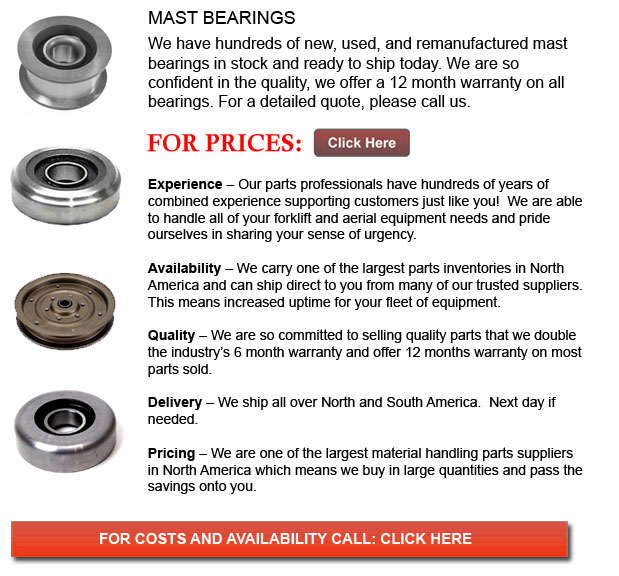
Mast Bearings - A bearing enables better motion between at least 2 parts, typically in a linear or rotational sequence. They may be defined in correlation to the flow of applied cargo the can take and in accordance to the nature of their application
Plain bearings are usually utilized in contact with rubbing surfaces, typically with a lubricant like oil or graphite also. Plain bearings could either be considered a discrete gadget or not a discrete tool. A plain bearing may comprise a planar surface that bears one more, and in this particular situation would be defined as not a discrete device. It may comprise nothing more than the bearing exterior of a hole along with a shaft passing through it. A semi-discrete instance would be a layer of bearing metal fused to the substrate, while in the form of a separable sleeve, it will be a discrete device. Maintaining the correct lubrication allows plain bearings to provide acceptable friction and accuracy at minimal cost.
There are different bearings that can help improve and develop efficiency, accuracy and reliability. In numerous applications, a more suitable and exact bearing could better service intervals, weight, size, and operation speed, thus lowering the whole expenses of using and buying equipment.
Bearings will differ in materials, shape, application and required lubrication. For instance, a rolling-element bearing will make use of spheres or drums among the components so as to control friction. Reduced friction provides tighter tolerances and higher precision compared to plain bearings, and less wear extends machine accuracy.
Plain bearings could be constructed of metal or plastic, depending on the load or how corrosive or dirty the environment is. The lubricants that are utilized could have considerable effects on the friction and lifespan on the bearing. For instance, a bearing may work without any lubricant if constant lubrication is not an option because the lubricants can draw dirt that damages the bearings or tools. Or a lubricant can enhance bearing friction but in the food processing industry, it can need being lubricated by an inferior, yet food-safe lube so as to avoid food contamination and ensure health safety.
Most bearings in high-cycle uses need some lubrication and cleaning. They could require periodic modification so as to reduce the effects of wear. Several bearings can require irregular upkeep in order to prevent premature failure, although fluid or magnetic bearings could require little maintenance.
Extending bearing life is normally done if the bearing is kept clean and well-lubricated, though, several types of operation make consistent upkeep a challenging task. Bearings located in a conveyor of a rock crusher for example, are continuously exposed to abrasive particles. Regular cleaning is of little use since the cleaning operation is pricey and the bearing becomes dirty all over again when the conveyor continues operation.
![]() Click to Download the pdf
Click to Download the pdf
Forklift Parts

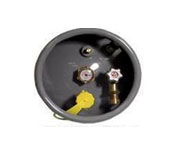
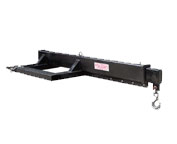
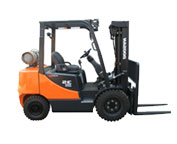
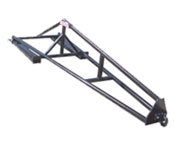
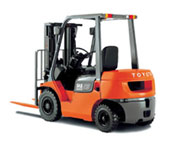
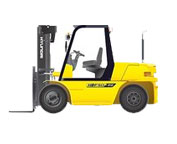
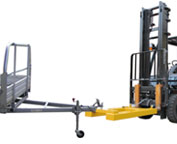
Lift Parts Express
TOLL FREE: 1-888-695-7994
Superior, Wisconsin
forkliftpartssuperior.com
Email Us
About Us


